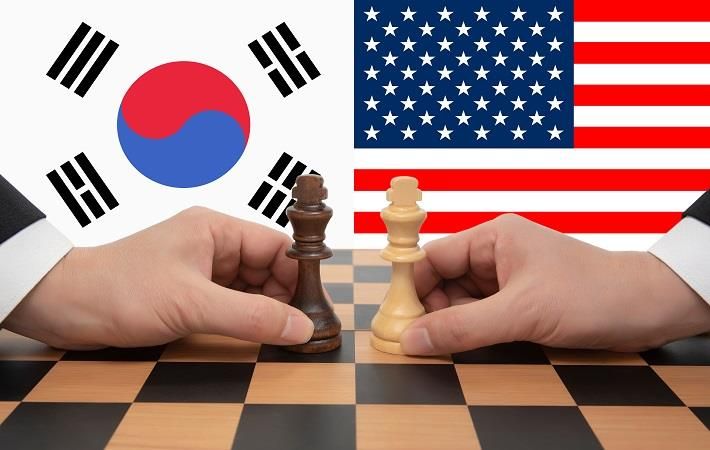USITC advices on RoO modifications in US-Korea FTA

The proposed modifications would liberalise the current ROOs for certain textiles and apparel by allowing the use of more non-originating inputs, thus making more products eligible for duty-free treatment under KORUS.
The proposed modifications cover three products: certain cotton yarns (under Harmonised Tariff Schedule of the United States [HTS] heading 5206) with viscose rayon staple fibres (under HTS subheadings 5504.10 or 5507.00); certain woven fabrics (under HTS heading 5408) with cuprammonium rayon yarns (under HTS subheading 5403.39); and certain apparel (under HTS heading 6110), accessories, and apparel parts (under HTS heading 6117) of cashmere yarns (under HTS heading 5108).
Overall, South Korea is a minor supplier of US imports of textiles and apparel, including the products subject to the proposed ROO changes, and a small market for US exports of these goods. The vast majority of US textile and apparel imports are from China, Vietnam, and India, with these three countries accounting for $61.2 billion (55.1 per cent) of total US imports in 2018. By comparison, Korea accounted for $924.3 million or 0.8 per cent of total US imports of textiles and apparel in 2018, of which 73.5 per cent already entered the United States duty free under KORUS. Similarly, of the $23.5 billion in total US exports of textiles and apparel in 2018, only $302.6 million, or just under 1.3 per cent, were to Korea, USITC said in its report.
Based on its analysis, the USITC said that the proposed modifications for the three products would likely have a negligible short-term effect on US trade under KORUS, total US imports, and total US exports. For each of the proposed modifications, the USITC expects a negligible short-term effect on US imports under KORUS and on total US imports. “Reasons for this include the relatively low value of dutiable imports from Korea currently, Korea accounting for a very small share of US imports, the recent trends in Korean exports of the affected articles to other countries, and the limited likelihood of substantial trade diversion,” the report said.
Moreover, due to Korea’s relatively small size as an export destination for US exports of the products subject to the ROO modifications and Korea’s limited imports of such products, the likely short-term effects of the proposed modifications on US exports under KORUS and total US exports are negligible as well, the report added.
For the modification affecting certain woven fabrics of cuprammonium rayon yarns, the USITC estimates that there would be no effect on US domestic production, as “there is no known domestic production of the articles covered by the proposed modification.”
However, qualitative information presented to the commission suggests that US domestic producers of the articles affected by the other two potential ROO modifications could potentially see a significant adverse effect resulting from the modifications. “The commission received two written submissions, one from a US producer of cotton yarns with viscose rayon staple fibres and one from a US producer of cashmere yarns. In each case, the producers stated that the proposed modifications to the KORUS ROOs could have a negative impact on their US production,” the USITC said.
The cotton yarn producer, Parkdale Mills, is one of many cotton yarn producers in the United States, and any of these firms could blend cotton yarn with viscose rayon staple fibres to make the product covered by the proposed modification. The cashmere yarn producer, American Woolen company, is the only known US producer of cashmere yarn. (RKS)
Fibre2Fashion News Desk – India
































-Ltd..jpg?tr=w-120,h-60,c-at_max,cm-pad_resize,bg-ffffff)





.jpg?tr=w-120,h-60,c-at_max,cm-pad_resize,bg-ffffff)
.jpg?tr=w-120,h-60,c-at_max,cm-pad_resize,bg-ffffff)






